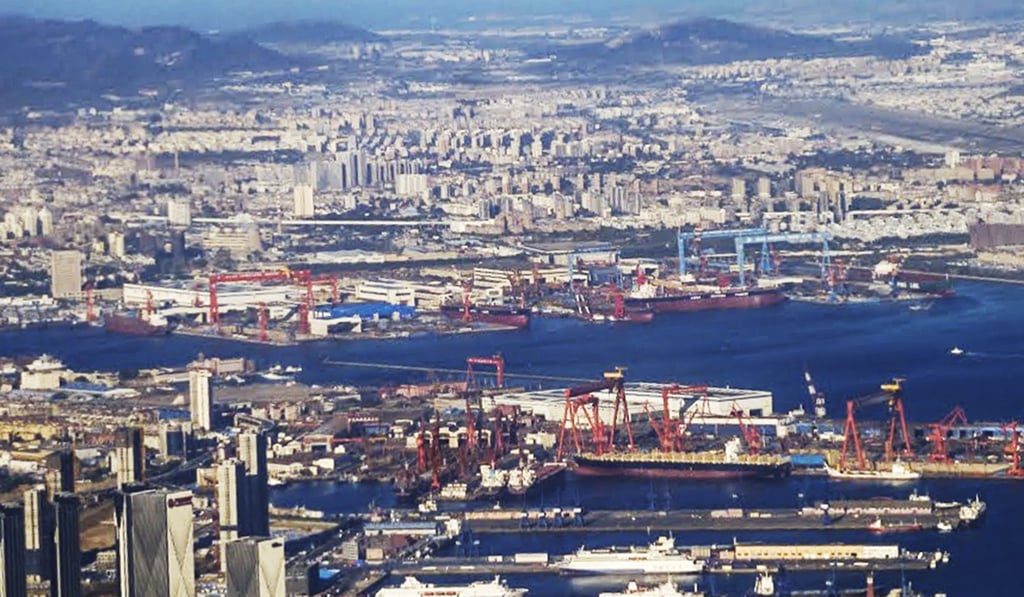China’s squeeze on Australian coal nothing to do with Huawei’s 5G ban. Really?
- Beijing and Canberra have been at pains to deny that politics is behind the delays that have hit Australian coal imports. To sceptics, it’s a case of protesting too much

Over the past month China has been targeting Australian coal imports with increased restrictions – what Beijing claims are quality checks – that have delayed their passage through northern ports. Given Australia’s coal industry is deeply dependent on its exports to China, which account for 3.7 per cent of Australia’s GDP, this has prompted much media speculation that Beijing is punishing coal companies as retribution for political acts by Canberra, one of Washington’s closest allies.

Officials in both countries have tried to quash such speculation. Last week, China’s foreign ministry said there were no bans on Australian coal imports via ports in the north-east region of Dalian but admitted there had been quality checks on some shipments. Australia’s Trade and Investment Minister Simon Birmingham, meanwhile, conceded there had been delays in clearing Australian coal through northern ports, but rejected the notion these delays were politically motivated.
But such comments have done little to sway sceptical minds and may even have helped fuelled the fire by giving oxygen to the media speculation.
